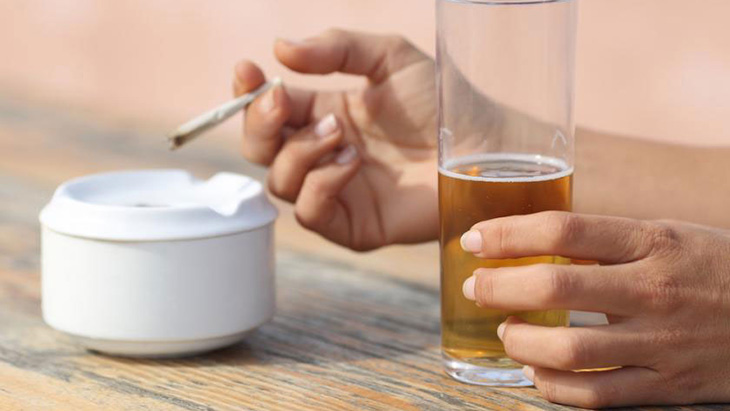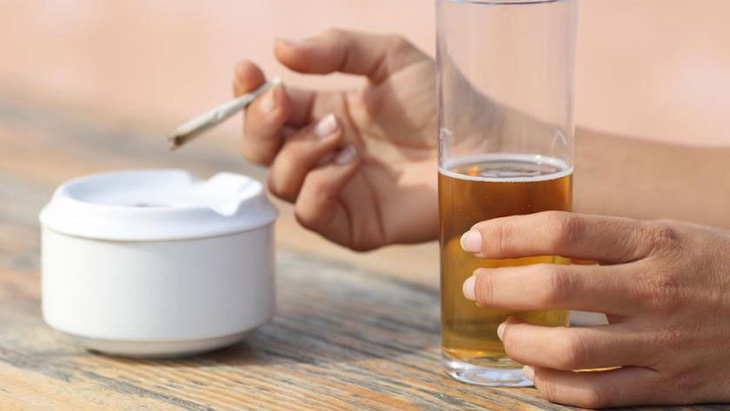
Many consumers acknowledge reducing their alcohol intake following cannabis legalization, according to a pair of recent surveys.
According to data from Health Canada, nearly one-quarter of those who consume both alcohol and cannabis say that they are drinking less, up from 15 percent in 2020. Canada legalized the retail sale of marijuana to those age 18 and older in 2018.
Separate data compiled by the market research firm Numerator reports that 36 percent of US consumers acknowledge drinking less following state-level marijuana legalization.
Commenting on the surveys’ findings, NORML Deputy Director Paul Armentano said: “Several studies have examined whether cannabis is more likely to act as either a substitute or as a compliment for alcohol and, thus far, they have yielded mixed results. These surveys’ findings are an important addition to this growing body of literature and offer support for the notion that, in some instances, cannabis can act as an intervention for certain persons seeking to reduce their alcohol consumption.”
According to polling data compiled last year by Gallup, most adults believe that marijuana use poses fewer risks to health than alcohol.
Observational studies have reported decreases in consumers’ use of alcohol on days when they consume cannabis. Statewide ecological data has also reported dips in alcohol sales in jurisdictions following the enactment of marijuana access laws.
Data published this month in the Journal of Studies on Alcohol and Drugs determined that adults are more than six times more likely to acknowledge having experienced secondhand harms because of someone else’s drinking than they are to report having faced similar harms as a result of other people’s cannabis use.
Related
Medical Disclaimer:
The information provided in these blog posts is intended for general informational and educational purposes only. It is not a substitute for professional medical advice, diagnosis, or treatment. Always seek the advice of your physician or other qualified healthcare provider with any questions you may have regarding a medical condition. The use of any information provided in these blog posts is solely at your own risk. The authors and the website do not recommend or endorse any specific products, treatments, or procedures mentioned. Reliance on any information in these blog posts is solely at your own discretion.






